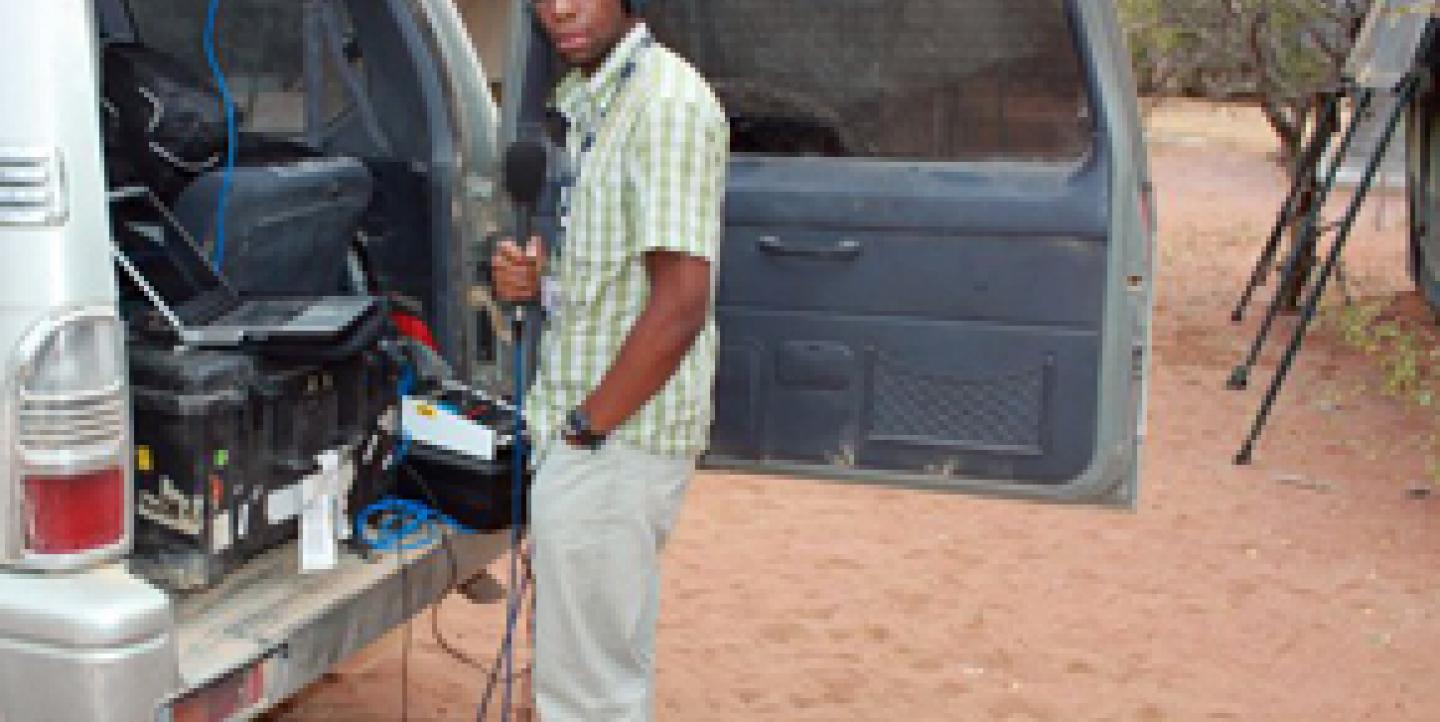Making the most of its resources in an era of declining budgets, the BBC is training some of its bilingual reporters to work across multiple platforms and languages at the same time.
For example, starting in March, Rami Ruhayem of BBC Arabic will be the BBC's Iraq correspondent, filing in both Arabic and English for the whole of BBC News. That same bilingual model for reporting will likely be adopted first in Beirut, Colombo, and later, in Lagos, Nairobi and Islamabad.
"When I was devising the training for the bilingual reporters I felt at times it was like trying to build Superman," says BBC trainer Joanne Episcopo. "Not only do these reporters have to deliver on as many BBC platforms as exist without in many cases any production support; they also have to do their dispatch, online piece, TV track, radio package, two way, tweet and whatever else is requested, in two languages - and for multiple audiences."
Having reported in two languages myself, this is indeed a tall order. In international reporting, context is everything - what you need to explain to locals about a budget measure or protest is very different from why anyone abroad should care. In a TV story, the visuals and sound bites might well be the same, but the script itself would likely be completely different, owing as much to the style of presenting the information in the target language as the information itself. Add social media and blogging to the mix and you definitely need super-human stamina.
In some cases, double-duty reporting is a better use of resources: Rana Jawad had been stationed in Libya for BBC Africa English when the Arab Spring exploded. It only makes sense that Jawad, who is of Lebanese origin and speaks Arabic, would make use of her skills and background to report in Arabic.
"There will be crunch points," Episcopo admits. "Not least for competing demands on big stories. And we will have to see what is realistic to expect from a bilingual correspondent."
What do you think is reasonable?

